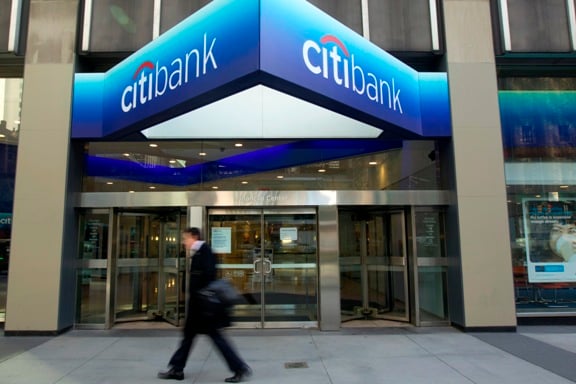The Securities and Exchange Commission will have to defend its $285 million settlement with Citigroup Inc. tomorrow before U.S. District Court Judge Jed Rakoff. Even then, the case is unlikely to end there, according to a securities lawyer.
Based on how Mr. Rakoff handled a similar SEC case before him in the Southern District of New York two years ago — and given the direct questions he has asked the commission and Citigroup to address — the answers are unlikely to temper his concerns and lead to quick approval of their deal, said Thomas Gorman, a partner at Dorsey & Whitney LLP.
"Given the tone of the judge's questions, he has real concerns about the negligence charges, the lack of charging any individuals and the amount of the settlement," he said.
The case comes less than two years after Mr. Rakoff refused to approve a $33 million settlement between Bank of America Corp. and the SEC, causing the regulator to revise its deal five months later. Eventually, Bank of America agreed nearly five times the original settlement — or $150 million — to settle claims it had misled investors.
Mr. Rakoff also questioned an SEC settlement with Vitesse Semiconductor Corp. in December 2010, but agreed to it a few months later after the SEC gave him more information about the case. In approving that deal, the judge noted there were outstanding criminal charges pending. No criminal charges have been brought in the Citigroup case.
“This is a very significant market crisis case, but for the SEC to have these types of difficulties is a setback in where they are going with these cases,” Mr. Gorman said.
RELATED ITEM Which financial companies have paid the most in fines and settlements since the financial crisis?
On Oct. 19, the SEC announced that Citigroup had agreed to pay $285 million to settle allegations that its broker-dealer subsidiary misled investors about a complex mortgage investment that the company was secretly betting against. Eight days later Mr. Rakoff told both sides to justify the settlement and called a Nov. 9 hearing to discuss the issue.
In a written response filed yesterday with Mr. Rakoff, the SEC said the Citigroup settlement is “fair, adequate and reasonable,” and the amount is based on what the government would expect to receive from the bank if they went to trial.
Essentially, the 36-page response says it was the best the agency could do considering “the evidence, the litigation risks, the benefits to investors of the proposed settlement, the agency's programmatic objectives and the allocation of agency resources.”
It also details the math that went into the $285 million settlement, including $160 million in returned gains, $30 million in interest and a $95 million penalty.
When asked by the judge why The Goldman Sachs Group Inc.'s settlement in July 2010 for seemingly similar activity was $500 million, the commission said that firm was charged with “scienter-based” violations that are “worthy of a more significant sanction.”
SEC spokesman John Nestor had no comment on the case beyond what was filed in the brief.
Citi did not immediately respond to a request for comment, either. But the company's written response to the judge, also filed yesterday, points out that even though it may have made $160 million in profit on these transactions, beginning in late 2007 through early 2009 the firm's collateralized-debt-obligation losses totaled more than $30 billion. That's “more than any other financial institution in the world,” the bank claimed.
Citi also said its current senior management team and the majority of its board of directors were put in place after the events relevant in this case. That's different than the Bank of America case, Citi claims, where Mr. Rakoff was concerned the original settlement allowed “the very management that is accused of having lied to its shareholders to determine how much of those victims' money should be used to make the case against the management go away.”







